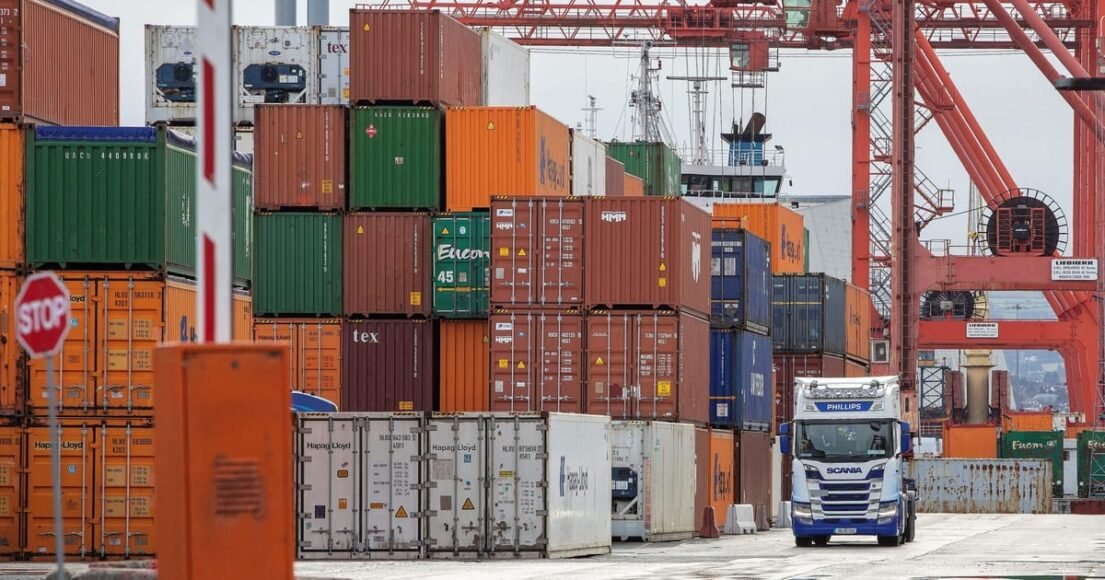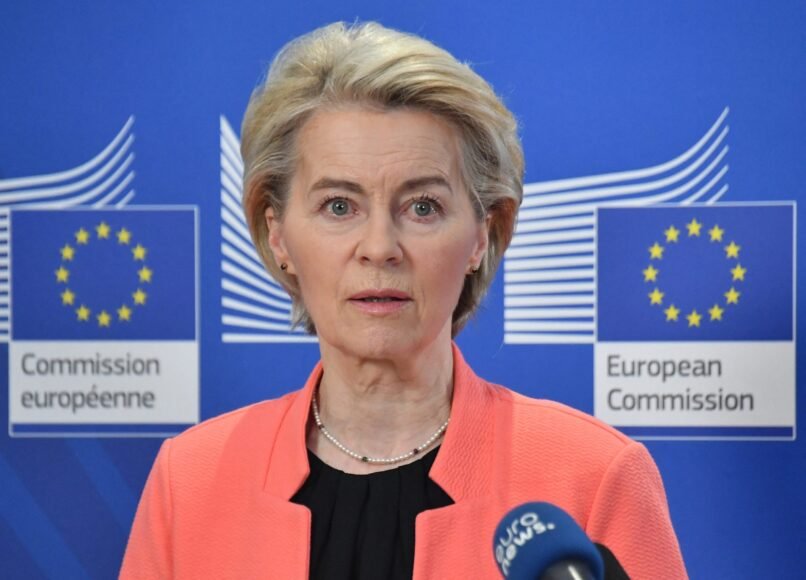
Strasbourg – U.S. President Donald Trump’s recent announcement of tariffs on European goods and vehicles has elicited strong reactions from Members of the European Parliament (EP). During a plenary session in Strasbourg, several Slovak MEPs shared their perspectives on this issue for TASR.
EP Vice-President Miriam Lexmann (EPP/KDH) criticized the Slovak government for lacking a prepared strategy to address the impending U.S. tariffs on cars and suggested that their response has come too late. She emphasized that the EU struggles to effectively communicate with the United States.
“We must remember that Trump’s primary focus is on protecting the interests of American citizens. Our response—considering retaliation with our own tariffs—is insufficient. Instead, we should provide the U.S. with proposals that reflect shared interests. Discussions about reducing tariffs, rather than imposing them, are essential. The European Commission is falling short in this regard,” she stated. Lexmann highlighted that the EU and U.S. might find common ground, particularly in reducing reliance on China, where the Americans perceive a lack of cooperation from the EU.
Katarína Roth Neveďalová (independent/Smer-SD) noted that the EU must now establish the framework for negotiations. “I believe we can influence change, and the tariffs and restrictions imposed by the U.S. can be amended or lifted, as we have seen in the past. Historically, both the EU and the U.S. have suspended tariffs; we are now in a familiar situation,” she remarked.
Ľudovít Ódor (RE/PS) expressed that the introduction of tariffs is detrimental to all parties, including Slovakia. He believes there is still potential for negotiation with the U.S. and that some concessions could be made. If not, he suggested implementing customs countermeasures to impact U.S. producers as well.
“The situation is unpredictable. We also need to explore other markets and how Europe can establish free trade agreements with regions like Latin America, India, and more to sustain our capacity,” he stated, referring specifically to car production in Europe.
Ódor added that if conditions become unfavorable for Slovak car manufacturers due to these tariffs, the government should take proactive measures to foster a more conducive business environment domestically and seek new market opportunities for their products. In essence, he believes if major car producers scale back their operations and workforce elsewhere, it should not adversely affect Slovakia.
Ľubica Karvašová (RE/PS) argued that Trump’s broad tariffs, particularly on automobiles, signify not “Liberation Day” but rather “Inflation Day,” impacting not only Americans but also European businesses and their workers. She criticized the unrealistic figures presented by Trump, noting that the EU imposes tariffs on American goods of only 1-2%, contrasting with the 39% outlined in Trump’s proposal.
“Currently, there are also 25% tariffs on cars, making Slovakia one of the most vulnerable nations within the EU,” she pointed out. Karvašová emphasized that the countermeasures the EU should announce on April 13 must reflect unity among member states and prioritize the protection of European citizens and businesses. She also advocated for continued negotiations with the U.S. to prevent further escalation of tariffs and prices. (April 3)
“We need to provide the U.S. with proposals that reflect common interests. Discussions about reducing tariffs, rather than imposing them, are essential. The European Commission is failing to engage in this critical dialogue.” Miriam Lexmann













Leave a Reply